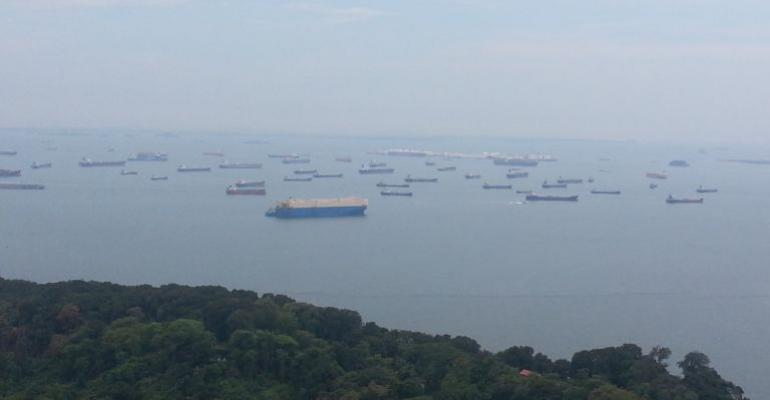The study shows a 40% increase in seaborne trade between 2008 and 2018 while also recognising that CO2 emissions from shipping fell by 10% over the same period. Notably, seaborne trade doubled between 1999 and 2018.
The decoupling has been made possible by significant improvements in carbon intensity, which is now between 21% and 29% better than in 2018, across international shipping.
However, the report points out that improvements in technical efficiencies alone will not be enough for shipping to reach the target of halving emissions by 2050 compared to 2008 levels under IMO’s greenhouse gas (GHG) reduction goal.
“While these are encouraging signs, it’s clear that if we are to achieve a 50% total cut in CO2 by 2050 efficiency gains will not be enough. To realise our goal for a decarbonised future, governments must get behind the adoption of the international R&D fund proposal submitted to the IMO last year,” said Guy Platten, secretary general of the International Chamber of Shipping (ICS).
Proposals have been put forward last year for a levy to be placed on the cost of a tonne of fuel to create a $5bn R&D fund that aims to develop zero-carbon ships.
“This has the potential to develop the vital technology that will allow us to reach our zero-emission future. The R&D fund will pave the way for vital technological advancements, including the development of zero-carbon fuels and ships,” Platten said.
ICS further pointed out that the study has not considered the Covid-19 pandemic which is currently having a considerable impact on the industry. The WTO expects a 15% to 30% contraction in worldwide trade in 2020, which will further reduce the level of emissions from shipping.
Moreover, as underlined in the study, further improvements in the efficiency of conventional oil-fuelled ships will not be able to phase out carbon emissions entirely.
“In the short term the reduction in worldwide trade, due to the Covid-19 pandemic could result in reduced emissions. However, this will also severely impact economies and the attainment of the UN Sustainable Development Goals. Governments will therefore need to work with the IMO to ensure that shipping can play its part in the global recovery, whilst also ensuing the development of the zero-emission ships of tomorrow,” Platten said.
Copyright © 2024. All rights reserved. Seatrade, a trading name of Informa Markets (UK) Limited.
Add Seatrade Maritime News to your Google News feed.  |

